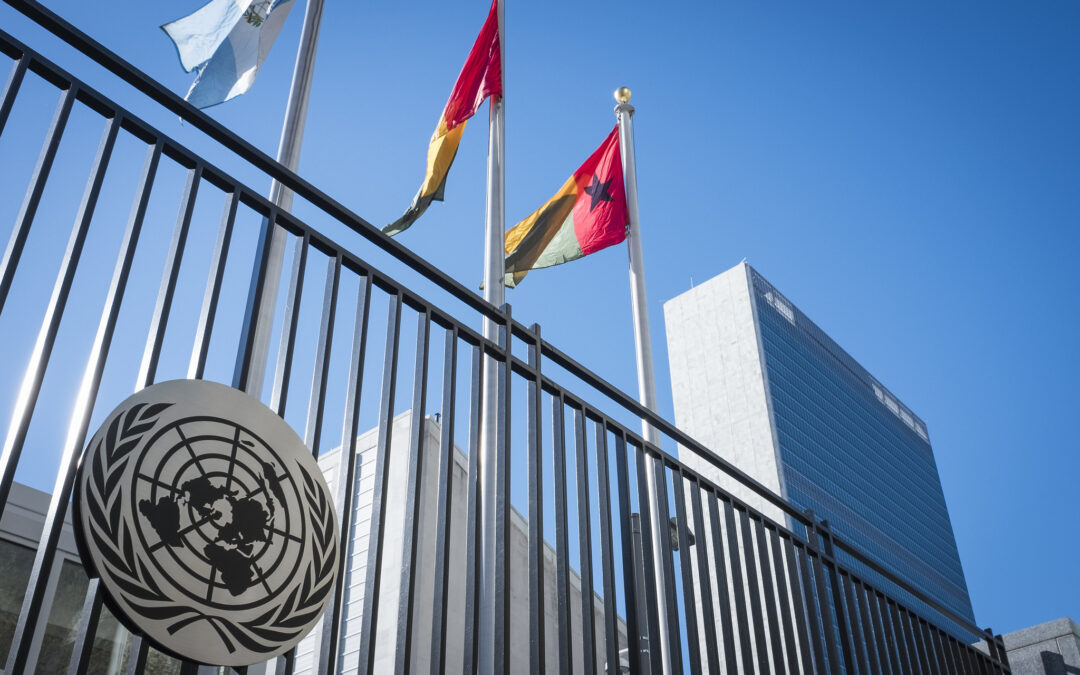
Jul 7, 2020 | Advocacy, Non-legal submissions
The ICJ, along with other NGOs, made a joint submission in response to the call for written contributions in advance of the General Assembly’s review of the UN human rights treaty body system and of the effectiveness of the measures taken to strengthen the system in Resolution 68/268 (2014).
The submission reiterates the ICJ’s strong commitment to the treaty body system, and reiterates that it is essential that UN Member States adequately support this key component of the UN’s human rights architecture.
Download the submission here: Universal-NGO response to TBSP cofacs questions-Advocacy-non legal submissions-2020-ENG
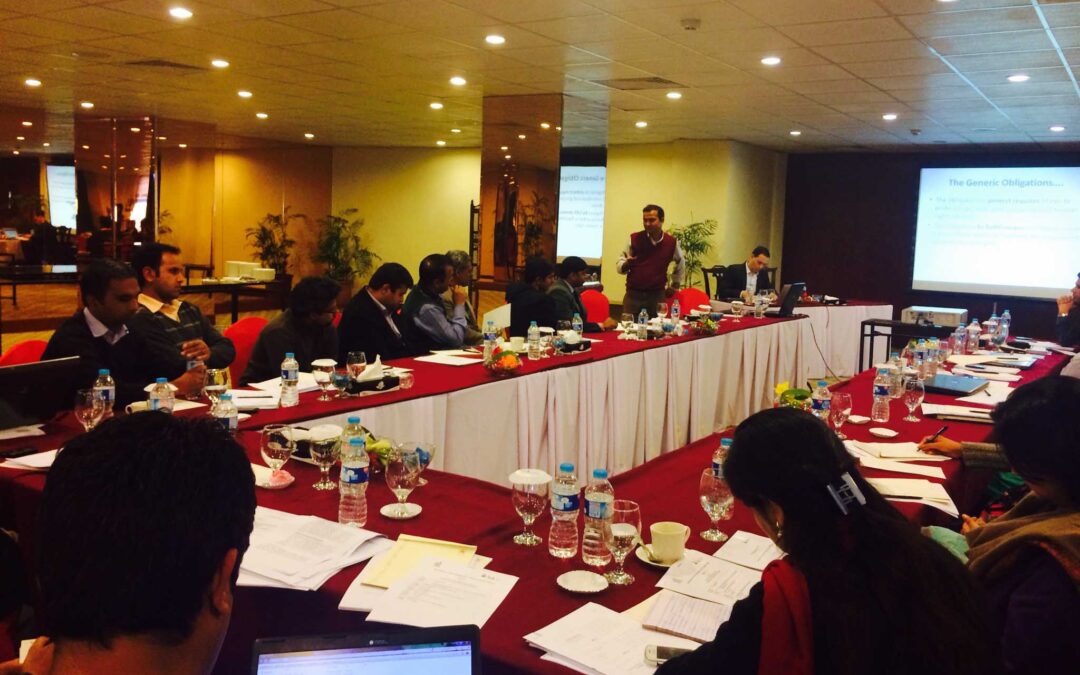
Feb 24, 2014 | Events, Training modules
In partnership with the Human Rights Commission of Pakistan (HRCP), the ICJ conducted two-day workshops on NGO engagement with the United Nations, held in Pakistan on 18-19 and 21-22 February 2014.
The workshops, held in Lahore and Islamabad, focused on enhancing the meaningful participation of national NGOs with the UN human rights system. Participants included representatives from civil society working on a wide range of human rights issues, including enforced disappearances, education, violence against women and child rights.
Drawing from experiences of ICJ staff and participants, the workshops considered how international advocacy and engagement with the UN can benefit NGOs and addressed:
- The nature of international human rights law;
- State obligations under international human rights law;
- The UN human rights system;
- The Universal Periodic Review mechanism;
- The UN Special Procedures and the making of individual complaints to them;
- The UN Treaty Bodies, individual complaints and periodic reporting; and
- Documenting human rights violations.
Background materials on the Universal Periodic Review: (ENG) and (URDU)
Background materials on the UN Special Procedures: (ENG) and (URDU)
Background materials on the core functions of the UN Treaty Bodies: (ENG) and (URDU)
BAckground materials on periodic reporting to the UN Treaty Bodies: (ENG) and (URDU)
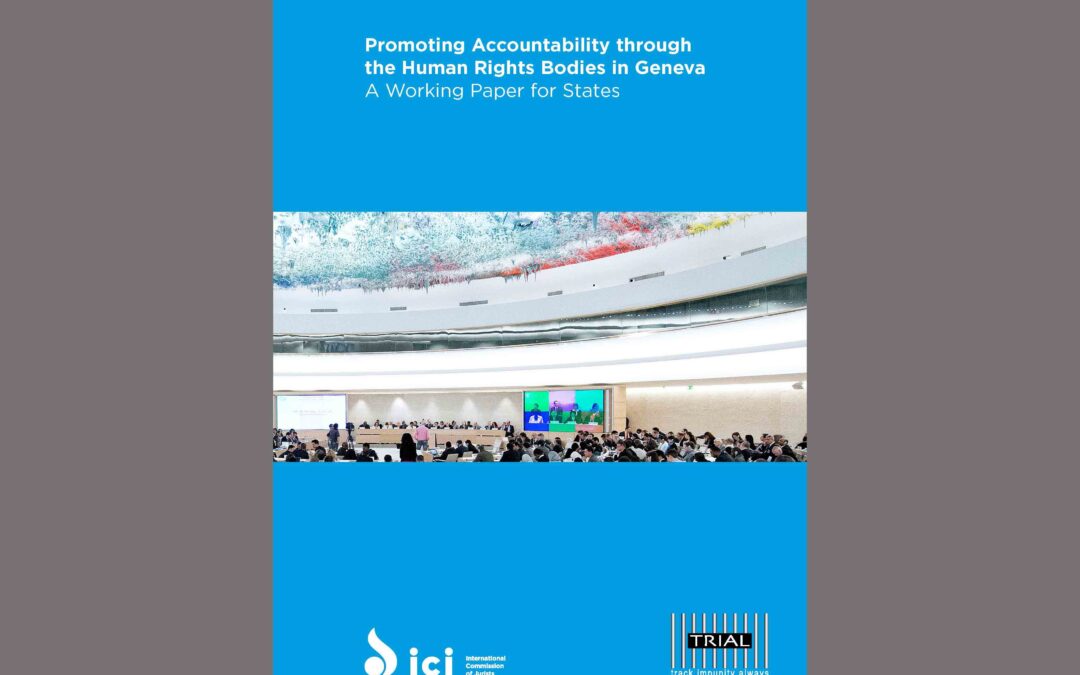
Sep 12, 2013 | News
Yesterday, during the 24th session of the UN Human Rights Council, the ICJ and TRIAL (Swiss Association against Impunity) jointly held a parallel event on promoting accountability through human rights mechanisms in Geneva.
The event was co-sponsored by the Permanent Missions of Switzerland, Estonia and Costa Rica to the United Nations Office at Geneva.
A corresponding report produced by ICJ and TRIAL was also launched at this event in two versions, one aimed at civil society and another aimed at States.
Panellists at this event included Ian Seiderman of the ICJ, Gabriella Citroni of TRIAL and Theo van Boven, former Special Rapporteur on torture and other cruel, inhuman or degrading treatment or punishment and ICJ Honorary Commissioner.
Mona Rishmawi of the Office of the High Commissioner for Human Rights (OHCHR) chaired the event.
The main topic of this event was the ICJ-TRIAL report, which reviews the legal framework for promoting accountability and suggests possible action by civil society and States to engage with the human rights mechanisms in Geneva to better promote and achieve accountability for human rights violations.
The role of national mechanisms, such as national human rights institutions, working in cooperation with the UN mechanisms was also highlighted.
The report focuses specifically on the Human Rights Council and its subsidiary bodies, such as the Universal Periodic Review and the special procedures mechanisms.
OHCHR’s role was further emphasised in regards to sharing best practices as well as ensuring follow-up to issues of accountability as they come to the attention to the UN.
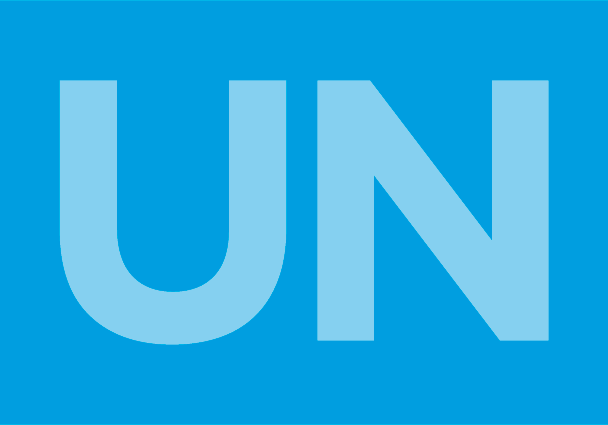
Feb 26, 2013 | Advocacy, Non-legal submissions
The ICJ joined 14 other NGOs in expressing deep concern over the exclusion of civil society from the consultation process on the UN human rights treaty bodies strengthening process.
In a statement delivered by the International Service for Human Rights during an informal hearing for civil society on 26 February 2013, the continued exclusion of the Geneva-based NGO Alkarama, and the lack of transparency by which this decision was made, was criticised.
Signatories to the statement urged the facilitators of the process and UN member States to enable independent civil society to contribute to the treaty body strengthening process.
TBSP-Alkarama-NonLegalSubmission-2013 (download statement in full)
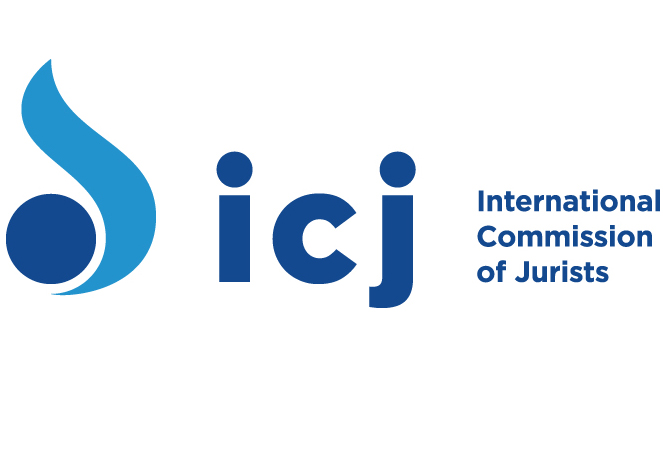
Aug 22, 2012 | Advocacy
 In written statements to the UN, the ICJ says that the General Assembly’s intergovernmental process on the strengthening of the UN treaty bodies has no competence to establish or impose a code of conduct for treaty body members.
In written statements to the UN, the ICJ says that the General Assembly’s intergovernmental process on the strengthening of the UN treaty bodies has no competence to establish or impose a code of conduct for treaty body members.










